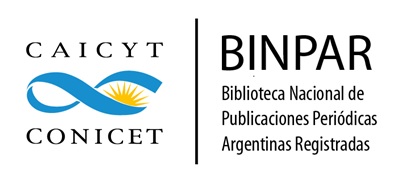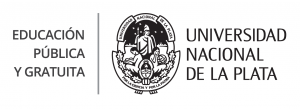Editorial Policies
Code of ETHICS
ANTI-PLAGIARISM Policy
DATA AVAILABILITY Policy
The Editorial Team of Revista Argentina de Estudips de Juventud agree to practise and ensure an ethical behavior during the entire process of edition.
The main points of the ethical commitment by Revista Argentina de Estudips de Juventud, which follow from the «Code of Ethics and Good Practices» published by the Commitee on Publication Ethics (COPE), are detailed below.
Editing entity
√ It agrees to protect the intellectual property of the publication and copyrights.
√ It will guarantee an objective, fair and deep revision of the texts from peer evaluation.
√ It agrees to deal with complaints or misunderstandings related to ethics or to conflicts of interests and to continue with the appropriate procedures to solve them, according to the regulations enforced by the National University of La Plata.
Directors
√ They agree to constantly improve the publication; guarantee the quality of the material; defend the freedom of expression; prevent that commercial interests jeopardize moral laws; be willing to publish errata sheets, clarifications, retractions or apologies.
√ They will promote the opinion of authors, readers, copy-editors and members of the committees about how to improve the processes of the magazine.
√ They will accept or reject an article according the importance, originality, clarity of the text and theme of the magazine.
√ They will publish rules/ regulations/ guidelines for the authors regarding everything is expected from them and the copy-editors. Such guidelines will be updated on a regular basis.
√ They will guarantee that the identity of the copy-editors and authors is protected.
√ They will provide the members of the editorial board with everything is expected from them.
Editors
√ They will fulfill their editorial duties in an objective, fair and balanced manner.
√ They will adjust the necessary measures to prevent fraudulent publications.
√ They will keep authors and coy-editors anonymously during the revision of the texts to preserve the intellectual integrity throughout the entire process.
√ They agree to meet deadlines for revisions and the publications of the texts.
Copy-editors
√ They agree to make an honest, critical and objective revision.
√ They will evaluate the works as soon as possible to meet deadlines.
√ They will hand in a report in which they will detail the observations on the points of the article to evaluate that the Direction of the magazine has requested.
√ In no case will they keep or copy the work.
Authors
√ They agree not to send the article to any other magazine and will guarantee that the work is original and unpublished.
√ They will be responsible of the opinions, statements or conclusions mentioned in their articles.
√ They agree to use images whose rights have been transferred or whose authors have given permission for their publication. They will mention the author if the image (whether it is a person, a group, an institution or a means).
√ If archive material is used (letters, images, etcetera) the author agrees to mention the original information of the work and the place where it is archived or exhibited.
√ They agree to make the changes or corrections requested by the copy-editors.
■ Policy AGAINST PLAGIARISM
Revista Argentina de Estudios de Juventud operates a policy against plagiarism oriented to guarantee that all the published works are original and unpublished.
For this, the magazine uses iThenticate, a tool for detecting matches that allows it to verify and prevent plagiarism. This resource, provided by the National University of La Plata, was incorporated by the magazine as of 2023 and has been applied, since then, to all contributions received.
The magazine considers the following practices plagiarism:
Direct plagiarism
- Minimal changes are made and an outside text is presented as its own.
- The authorship of fragments (sentences or paragraphs) corresponding to foreign texts is omitted (whether they are reproduced in textual form and no quotes are placed as if they are presented by paraphrase).
Plagiarism in direct quotes
- No quotes are used to indicate the fragments (sentences or paragraphs) that are reproduced in a textual way.
- Only a part of the fragment (sentences or paragraphs) that is reproduced literally is indicated with quotation marks (it is omitted that the phrases before and/or after the passage between quotation marks also correspond to the quoted text).
Plagiarism in paraphrases
- The changes made do not substantially modify the wording of the original fragment (sentences or paragraphs), so they do not constitute paraphrases.
- The paraphrase is extensive and the paraphrased passages are not clearly differentiated from the passages themselves.
- The paraphrase is continuous and there are no added materials, own ideas or critical reflections that allow the interaction or that enrich the information available in other works already published.
It is not considered plagiarism when:
- The passages that are reproduced do not dominate over the original contributions of the writer.
- The incorporation of foreign passages is used to allow the author to interact critically with the views of another person.
- The argument of the original text retains its meaning but has been rewritten with words or with different characteristics.
Autoplagiarism or recycling fraud
- Minimal changes are made to your own text and presented as if it were a different work.
- The indication that it is a previously published work that has been recycled with corrections or with new additions is omitted.
It is not considered autoplagiarism when:
- The previous work is the basis for a new contribution and key parts must be repeated to explain and defend the new arguments.
- The author considers that what has been developed in previous works cannot be presented in a better way for the new publication.
- Repeated passages do not exceed 30% of the original work.
If plagiarism practice is proven, Revista Argentina de Estudios de Juventud follows the guidelines provided by COPE.
■ DATA AVAILABILITY Policy
Revista Argentina de Estudios de Juventud promotes the transparency and reproducibility of published research so that other researchers can replicate the studies described in their articles, either to corroborate or refute the results obtained, in accordance with the provisions of National Act 26.899 on Open Access Institutional Digital Repositories.
To promote the reproducibility of results, the journal requires that authors provide unrestricted access to the data sets with which they have carried out the research described in their article. Should there be ethical or legal limitations, authors should specify how other researchers may access said data.
All research data and information sent to Revista Argentina de Estudios de Juventud may be uploaded to and made available in SEDICI, the repository of the National University of La Plata in order to increase compliance with FAIR principles: Findable, Accessible, Interoperable and Reusable.
Authors are encouraged to deposit data in other Argentinian research data repositories prior to submitting their article to the Journal. Thus, when submitting the article, authors should only specify the URL where the research data can be found.
Authors are requested to use formats that maximize accessibility and reusability of data (for instance, if tabular data is included, spreadsheets should be used). If necessary, it is advisable to publish, along with the data, the algorithms or pipelines that should be applied to the data for their correct interpretation.
This research data policy was adopted by Revista Argentina de Estudios de Juventud on January 1, 2020 and applies to all received works as of that date. Previously published articles are not subject to this policy.

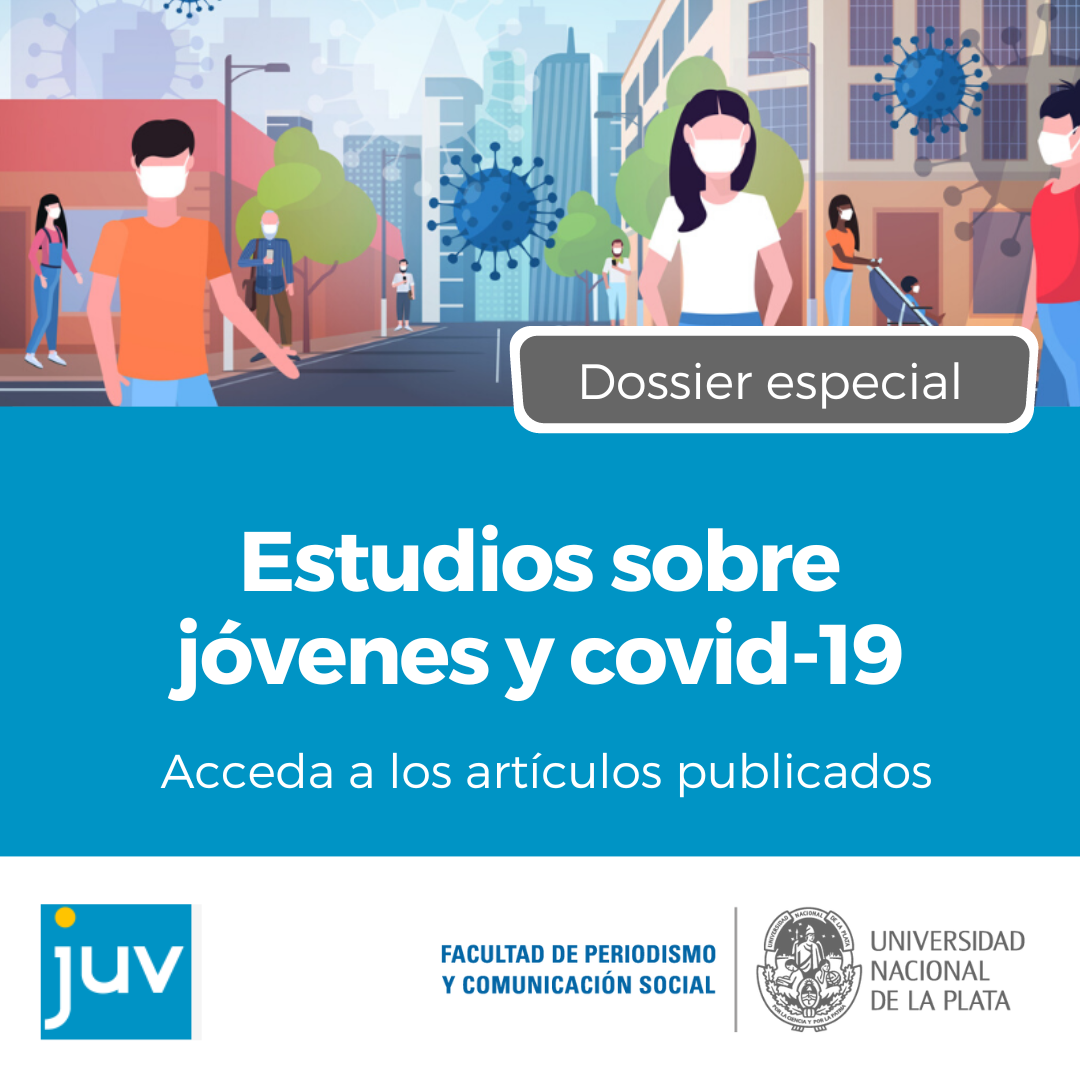




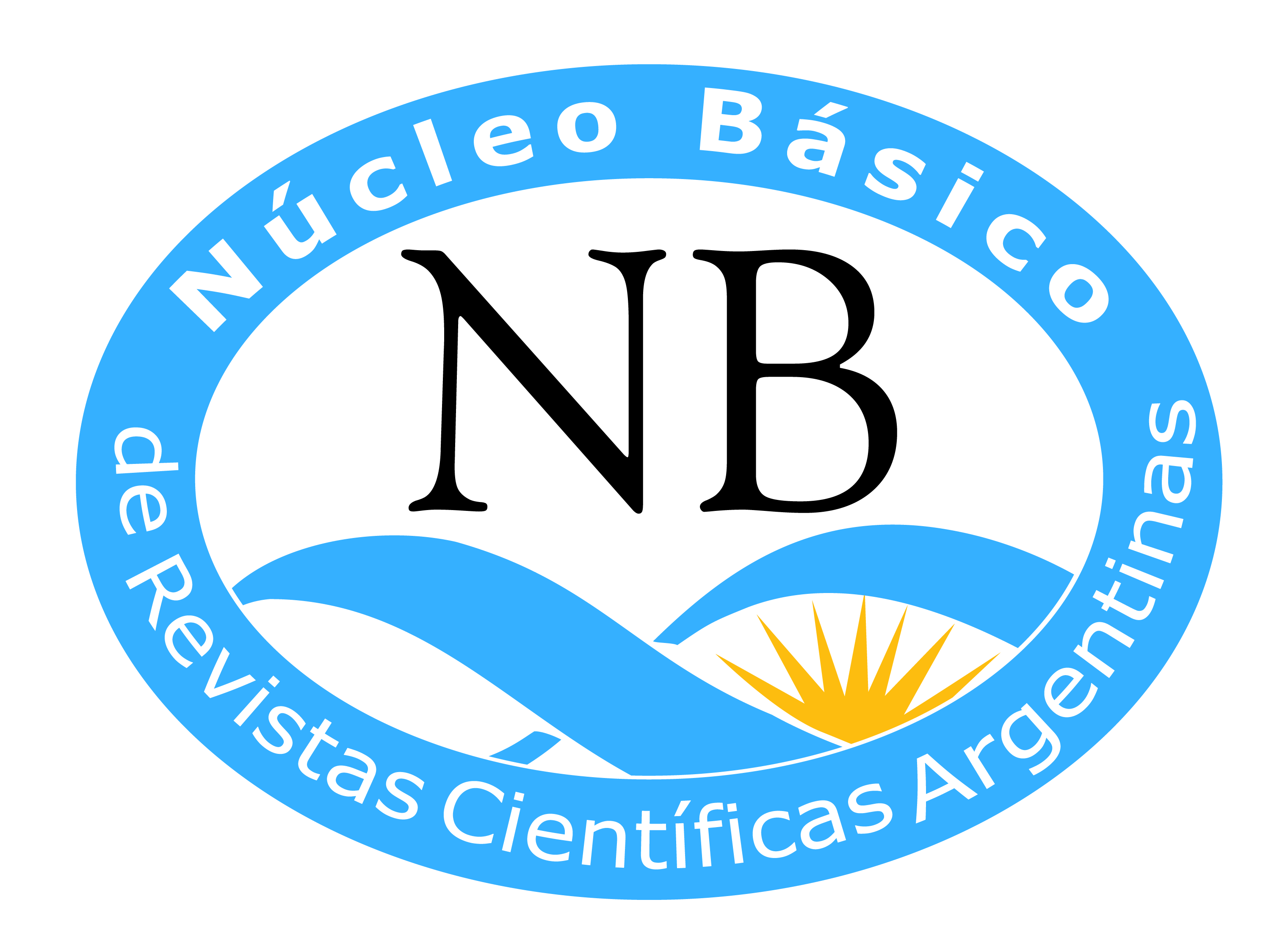
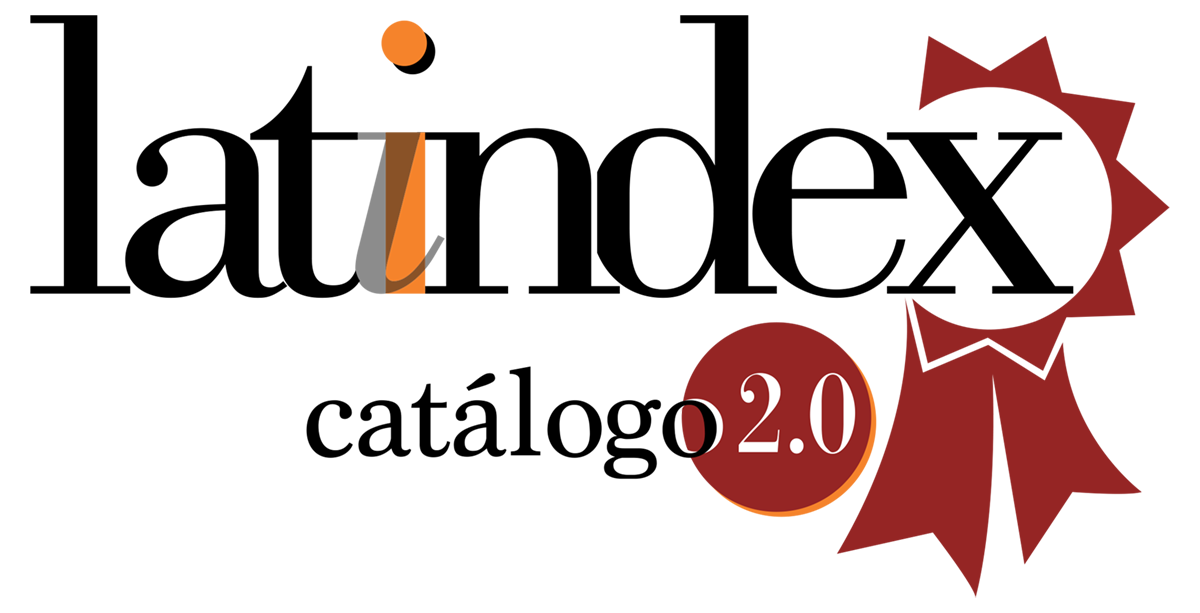

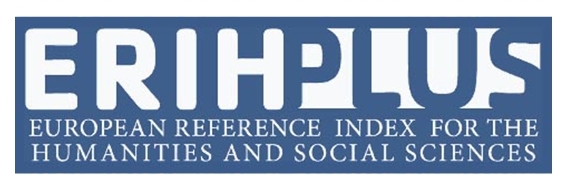



.png)















